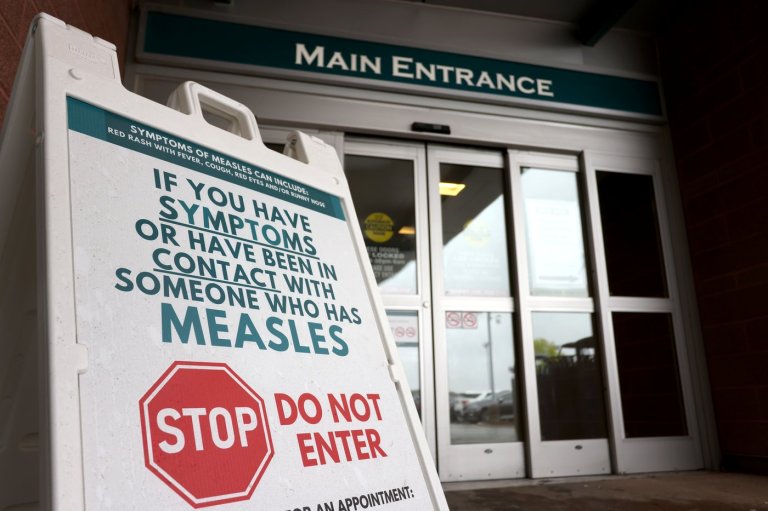Georgia justices order new look at whether lawsuit challenging near-ban on abortion can proceed

ATLANTA (AP) — A lawsuit challenging Georgia’s near-ban on abortion is headed back to a trial court to decide if the people who want to overturn the law have legal standing to sue.
The Georgia Supreme Court voted 6-1 on Thursday to require the trial court judge to re-examine standing issues, citing its own January decision that changed state law on who is qualified to sue.
In the meantime, Fulton County Superior Court Judge Robert McBurney’s ruling from September striking down the abortion law remains on hold.
In an unrelated January case, the court ruled that only people and groups whose own rights are in question can sue in Georgia state courts, overturning an earlier rule that let some third parties sue on behalf of others.
Andrea Young, executive director of the American Civil Liberties Union of Georgia, which represents the plaintiffs, said the ruling “has further delayed any possibility of justice for women and families in our state.”

Monica Simpson, executive director of lead plaintiff SisterSong Women of Color Reproductive Justice Collective, said the ruling “is not just a procedural delay” and that it puts Georgians at risk of harm.
“Every day that the abortion ban remains in effect, it puts our families and our communities in danger and doubles down on white supremacy,” she said in an emailed statement. “This delay is an injustice, but no legal roadblock will ever deter us from fighting for the bodily autonomy we need and deserve.”
McBurney had ruled in September that Georgia unconstitutionally prohibits abortions beyond about six weeks of pregnancy, often before women realize they are pregnant. McBurney reasoned that privacy rights under Georgia’s state constitution include the right to make personal healthcare decisions.
Georgia’s law, signed by Republican Gov. Brian Kemp in 2019, was one of a wave of restrictive abortion measures that took effect in Republican-controlled states after the U.S. Supreme Court overturned Roe v. Wade in 2022 and ended a national right to abortion. It prohibits most abortions once a “detectable human heartbeat” was present. At around six weeks into a pregnancy, cardiac activity can be detected by ultrasound in an embryo’s cells that will eventually become the heart.
Twelve U.S. states are now enforcing bans on abortion at all stages of pregnancy, and four states ban abortions around the sixth week of pregnancy. Voters in Missouri overturned a near total ban on abortions in November, and abortions resumed there last week.
McBurney wrote in his ruling that “liberty in Georgia includes in its meaning, in its protections, and in its bundle of rights the power of a woman to control her own body, to decide what happens to it and in it, and to reject state interference with her healthcare choices.”
“When a fetus growing inside a woman reaches viability, when society can assume care and responsibility for that separate life, then — and only then — may society intervene,” McBurney wrote.
Georgia’s prior law allowed abortions until viability, roughly 22 to 24 weeks into a pregnancy. ——
Associated Press writer Kate Brumback contributed.
Join the Conversation!
Want to share your thoughts, add context, or connect with others in your community?
You must be logged in to post a comment.
















